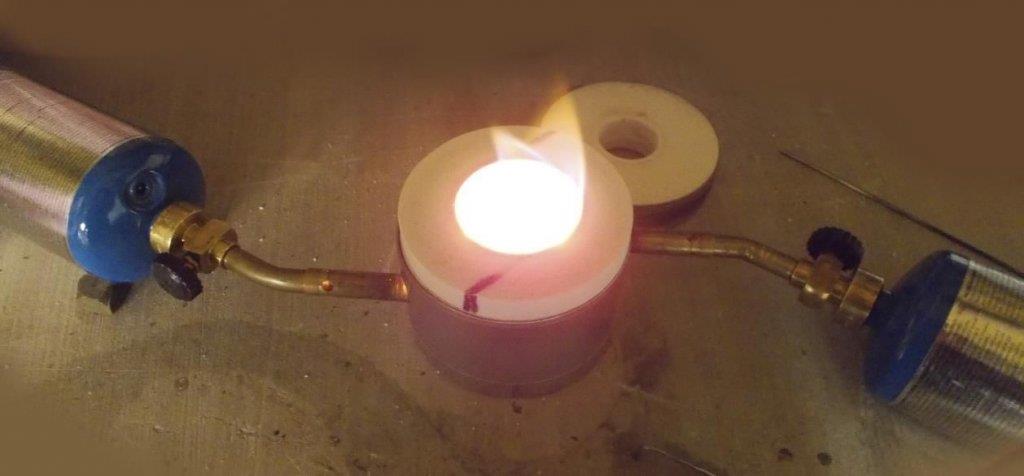- Joined
- Sep 5, 2015
- Messages
- 453
- Reaction score
- 282
I use borax all the time its great when you want to smelt all your fine gold down that may have a bit of quartz or hot rocks materiel attached to it but I was talking more like the iron you get at contact zones between the quartz vein and the host rock and when you say put a kg or 2 of it in a crucible and heat it the borax just wont and cant cut it and you are left with tiny beads of gold sprinkled throughout the end result that can be seen under a microscope and probably in the slag as well. I have seen on documentary's where they have uncounted the same situation and they finally got a bloke in to give and show them how to use his recipe and one key ingredient was sugar as for the rest of the recipe and how much of what with how much material is the unknown but they started getting beads that were in the grams from the same material they previously used with the borax and seen no gold and that's the type of recipe I had in mind Cheers GC 




